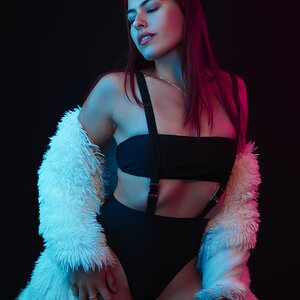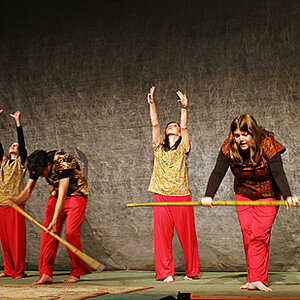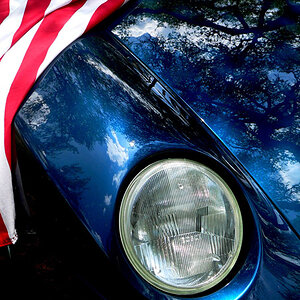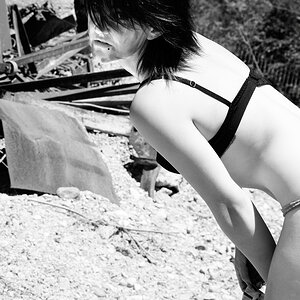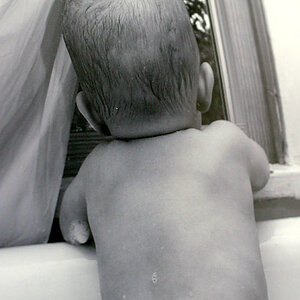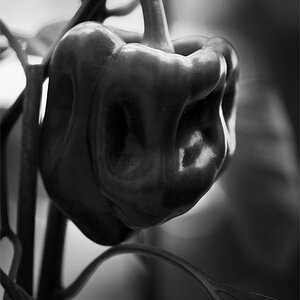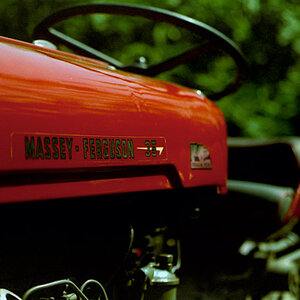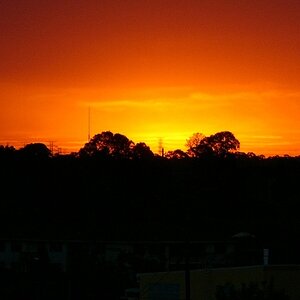Guitarfool5931@yahoo
TPF Noob!
- Joined
- Jan 14, 2009
- Messages
- 17
- Reaction score
- 0
- Can others edit my Photos
- Photos OK to edit
I apologize ahead of time if this is in the wrong area of the forums but I wasn't sure what qualified as beyond the basics.
So here goes....
I've been trying to get into concert photography somewhat but my Nikon D40x is sort of ill equipped to do that as efficiently as I'd like. I've just started using the manual mode on it and realized the shortcomings on the D40x as far as being able to quickly alter the ISO and White Balance without having to go to the menu for one of them. My guess is assigning the shortcut button as the ISO adjuster would be the best way to do it.
The main part of my question is how do I get some decent pictures in a pretty dark setting without my pictures coming out too blurred. At most I will have some usual concert lighting (ie blue, green, red, yellow lights...). Would my best route be just to leave the aperture wide open and a high ISO setting??? If so what shutter speed should I start out at?? Also would the matrix mode be the best setting for the focus mode??? Thanks in advance!! Excuse the newbish terms.....
Here is the equipment I currently have:
Nikon D40x
Sigma 30mm 1:14D DC HSM Lens
Nikon SB-600 AF Speedlight Flash
_____________________________________________________________
Flickr: Guitarfool5931's Photostream
So here goes....
I've been trying to get into concert photography somewhat but my Nikon D40x is sort of ill equipped to do that as efficiently as I'd like. I've just started using the manual mode on it and realized the shortcomings on the D40x as far as being able to quickly alter the ISO and White Balance without having to go to the menu for one of them. My guess is assigning the shortcut button as the ISO adjuster would be the best way to do it.
The main part of my question is how do I get some decent pictures in a pretty dark setting without my pictures coming out too blurred. At most I will have some usual concert lighting (ie blue, green, red, yellow lights...). Would my best route be just to leave the aperture wide open and a high ISO setting??? If so what shutter speed should I start out at?? Also would the matrix mode be the best setting for the focus mode??? Thanks in advance!! Excuse the newbish terms.....

Here is the equipment I currently have:
Nikon D40x
Sigma 30mm 1:14D DC HSM Lens
Nikon SB-600 AF Speedlight Flash
_____________________________________________________________
Flickr: Guitarfool5931's Photostream



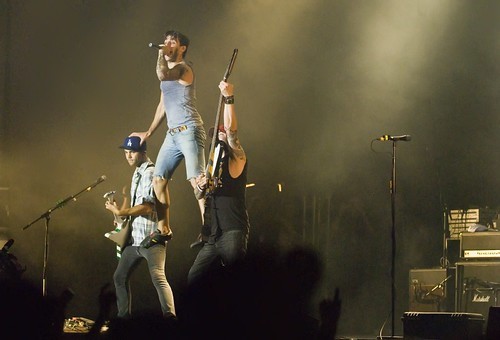
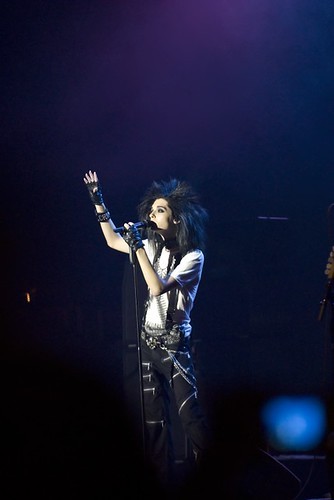
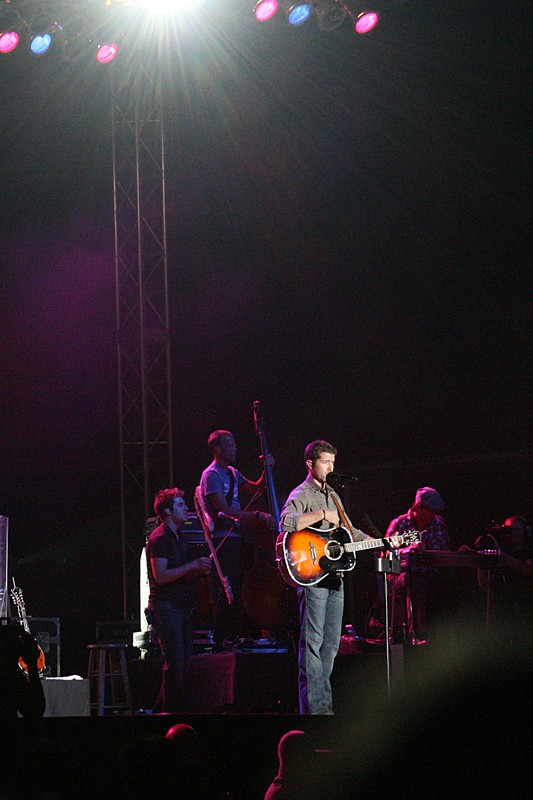
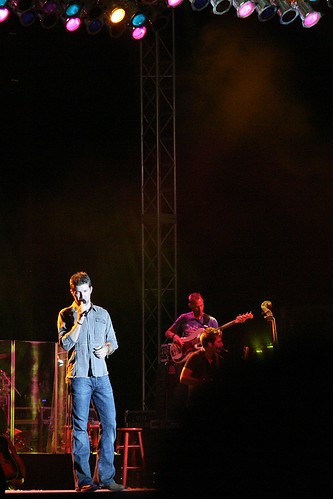
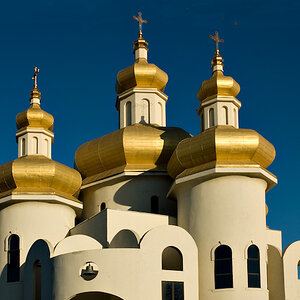
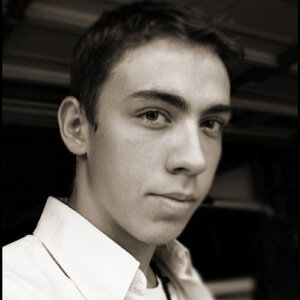
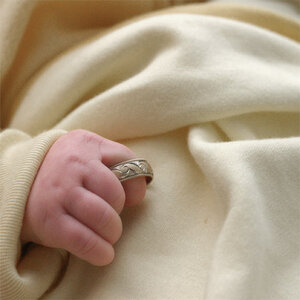
![[No title]](/data/xfmg/thumbnail/38/38728-e8c32361443e4b671d8ef24d4dba6ef8.jpg?1619738702)
